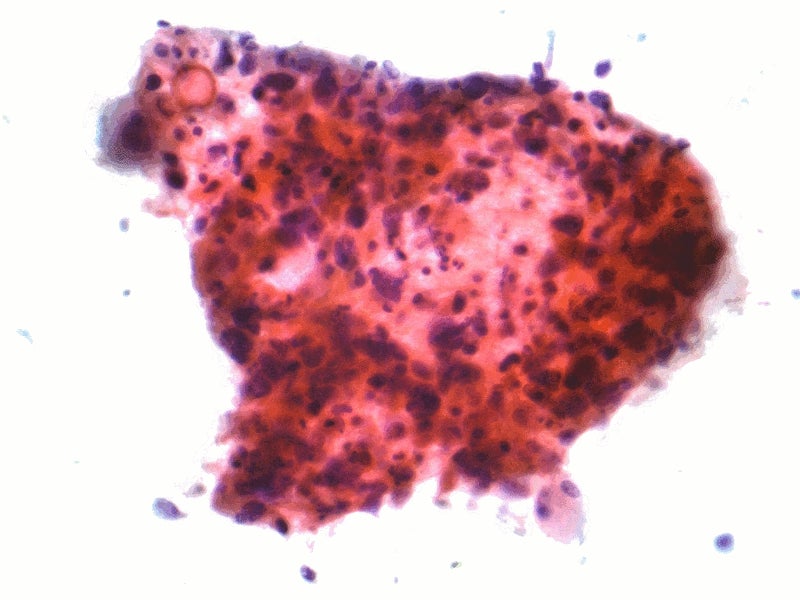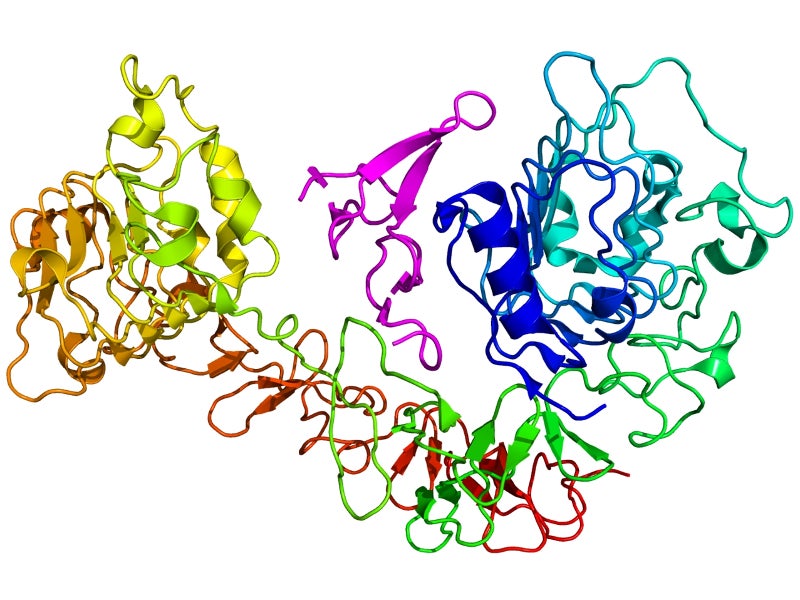Vizimpro® (dacomitinib) is a kinase inhibitor indicated to treat EGFR-positive advanced non-small cell lung cancer (NSCLC) patients diagnosed with exon 19 deletion or exon 21 L858R substitution mutations.
Pfizer submitted a new drug application (NDA) to the US Food and Drug Administration (FDA) in January 2018. The FDA accepted the NDA under priority review status in April 2018 and approved the drug in September 2018.
Vizimpro is also approved in Japan under priority review status for the treatment of Estimated Glomerular Filtration Rate (EGFR) positive, inoperable or recurrent NSCLC.
The European Medicines Agency (EMA) also accepted the marketing authorisation application (MAA) for the drug in April 2018. The drug obtained marketing authorisation from EMA for the first-line treatment of EGFR mutated NSCLC, in April 2019.
The Committee for Medicinal Products for Human Use (CHMP) of the EMA provided a positive response for the MAA in January 2019.
NSCLC causes and symptoms
NSCLC is a type of lung cancer that originates in the epithelial tissue of the lungs. Mutation of the EGFR protein, responsible for the normal cell growth and proliferation of cells, is the primary cause of cancer. Mutation in the EGFR gene encoding for EGFR protein leads to abnormal growth and proliferation of cells, forming tumour cells.
EGFR mutations occur in 10%-35% of NSCLC tumours worldwide. Some of the most common mutation causes are deletions in exon 19 and exon 21 L858R substitutions.
NSCLC accounts for approximately 85% of all lung cancer cases. Low survival rates and disease progression are the significant challenges associated with the disease.
The disease is difficult to identify in early stages due to lack of symptoms, whereas the late stage may cause symptoms such as chest pain, blood in sputum, wheezing, weight loss, fatigue, loss of appetite, dyspnoea, joint pains and irregular voice change.
Vizimpro mechanism of action
Vizimpro is an EGFR kinase inhibitor, which restrains some EGFR-activating mutations such as exon 19 and exon 21 L858R substitutions. Vizimpro also demonstrated inhibition of EGFR and HER2 autophosphorylation as well as tumour growth inhibition in mice during in-vivo studies.
Vizimpro is available as a blue film-coated, biconvex tablet in 15mg, 30mg and 45mg strengths.
Clinical studies on Vizimpro
The FDA’s approval of Vizimpro comes from positive results of a global Phase III head-to-head clinical trial named ARCHER 1050. Pfizer signed an agreement with SFJ Pharmaceuticals in September 2012 to conduct the trial across various Asian and European locations.
ARCHER 1050 is a randomised, multi-centre, multi-national, open-label study, which enrolled 452 patients with advanced NSCLC. The efficacy and safety of dacomitinib were compared with gefitinib (Iressa®). Progression-free survival was the primary endpoint of the trial.
Patients were randomised to receive either 45mg Vizimpro or 250mg gefitinib. Those receiving Vizimpro showed significant improvement in progression-free survival compared to those receiving gefitinib. Median progression-free survival in patients receiving Vizimpro was 14.7 months compared to 9.2 months in patients receiving gefitinib.
The overall response rate was 75% in Vizimpro-receiving patients, compared to 72% in those taking gefitinib.
The most common adverse events reported during the clinical trial were rashes, inflammation in the mouth and lips, diarrhoea, paronychia, loss of appetite, weight loss, dry skin, baldness, coughing and pruritus.





